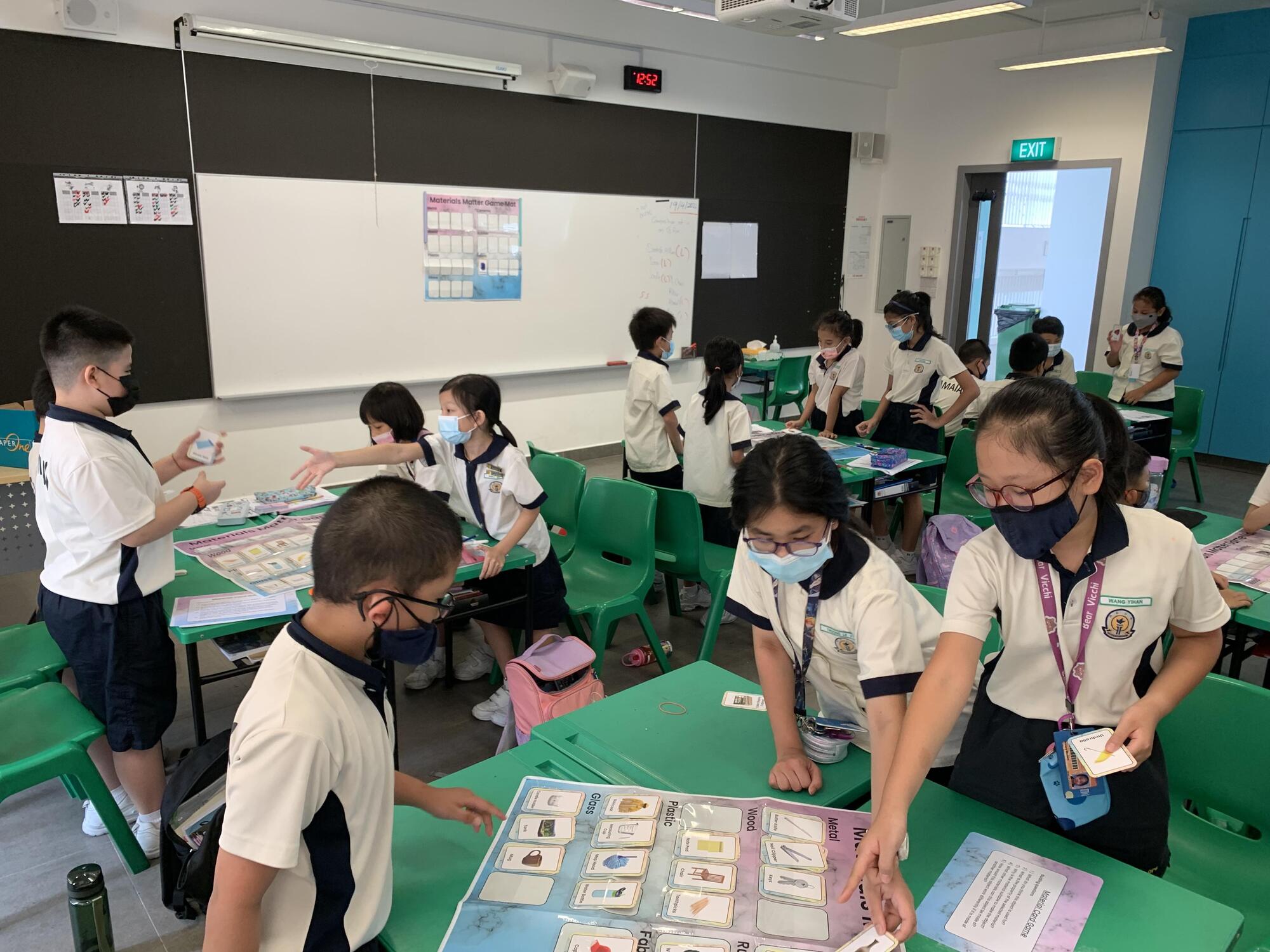Learning Science through Stories
18 Oct 2016

Science may sometimes be difficult for children to comprehend when they are not able to see the phenomenon or experience it in real life (e.g. concepts like the human organ system, places like outer space, or animals living in extreme climates such as penguins and polar bears).
Through stories, we can allow these concepts to come alive to children and engage them in their learning of science. Here are some tips!
- Choose stories that interest your children
Based on your understanding of your child’s interests, choose topics that they are excited about. A good place to start is the National Library where children can access a huge variety of storybooks that appeal to their imagination. Choose books that are related to science, such as the journey of food through the digestive system, characteristics of animals living in different climates or space travel adventures.
Science-related stories, images and videos for children can also be found on the NASA website and on the Qrius website. - Discuss the science behind the stories
While reading the stories, you can do simple activities with your children. Get them curious by asking questions about the science behind the story. For example, “Why do you think animals have to gather food before winter?”
You can also encourage your children to make keen observations about the physical phenomenon in pictures and illustrations and guide them to draw logical explanations. For example, “Do you notice that the caterpillar feeds on leaves but the pupa does not? Is the pupa a living thing?” If the opportunity arises, let your children point out and challenge any scientific discrepancies in the story!
By carrying out simple experiments and activities or role-playing characters in the story, your child can also see and experience the science in real life.
If your children ask questions that you do not have answers to, don’t panic. It is fine to admit that you do not have the answers. It is also a perfect opportunity to role-model by finding the answers together with your children. If there are no answers, hold the questions and explain that this is where scientists are driven to the quest for truth. - Values education in science stories
In books featuring famous scientists and how their discoveries benefit humanity, it is also useful to highlight the values demonstrated by the characters, such as perseverance, integrity and dedication. For example, share how Thomas Edison displayed creativity and perseverance in his repeated failures before chancing upon the material that allowed the light bulb to glow.
Learning science can be enjoyable and meaningful when using stories. As you try this out, observe how your children will gain new ideas and also begin to make connections between science and their own experiences in everyday life.


.jpg)


